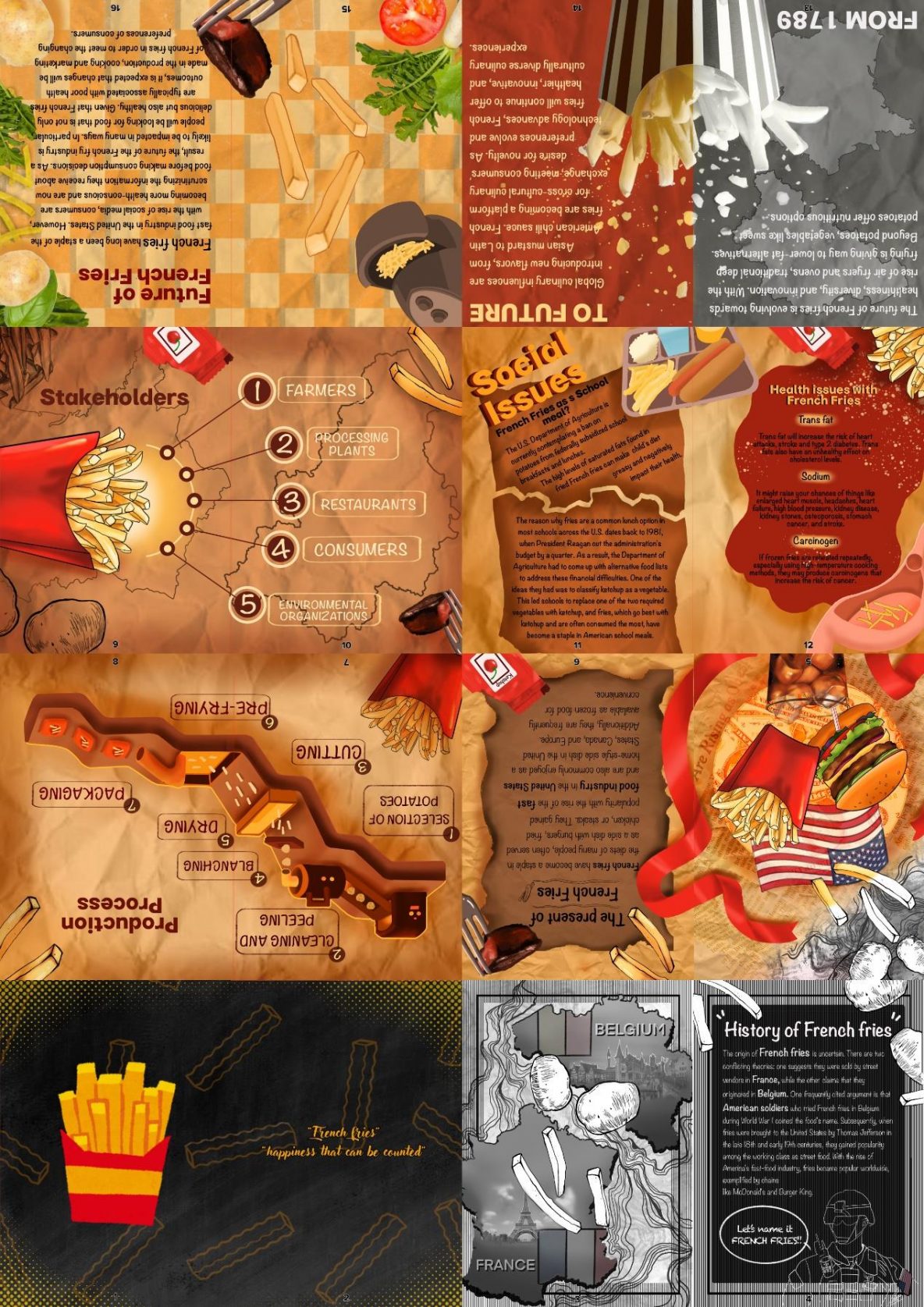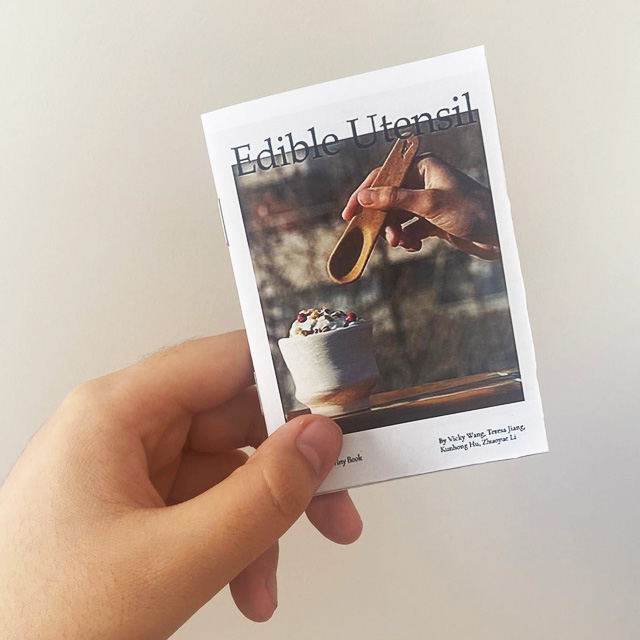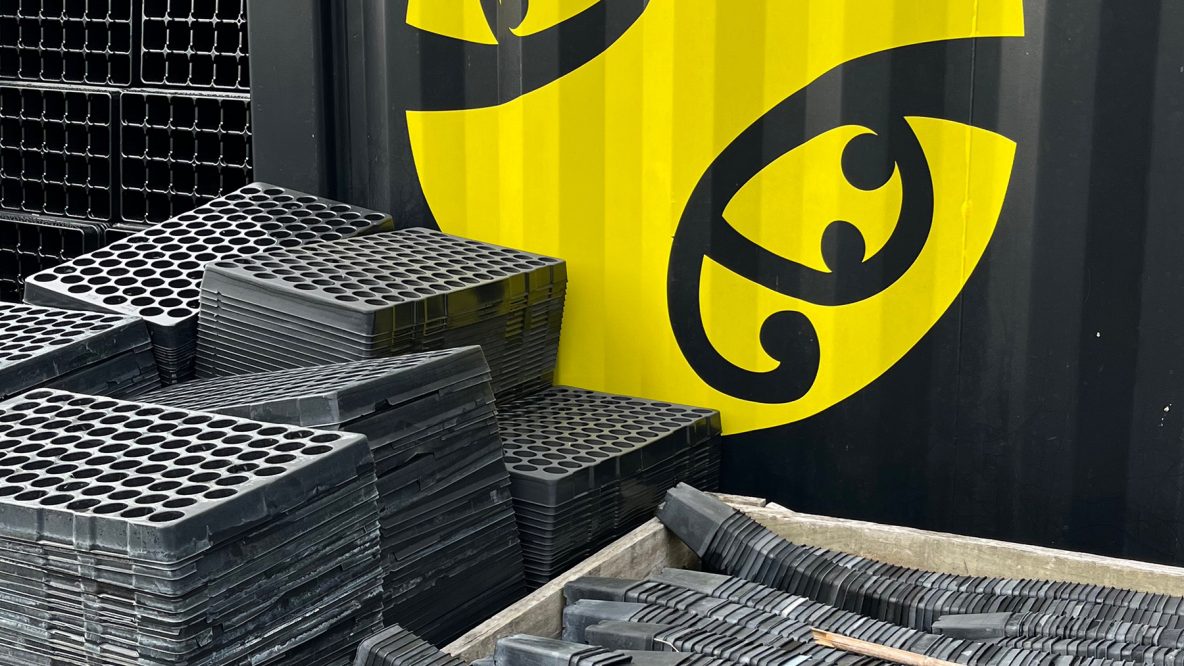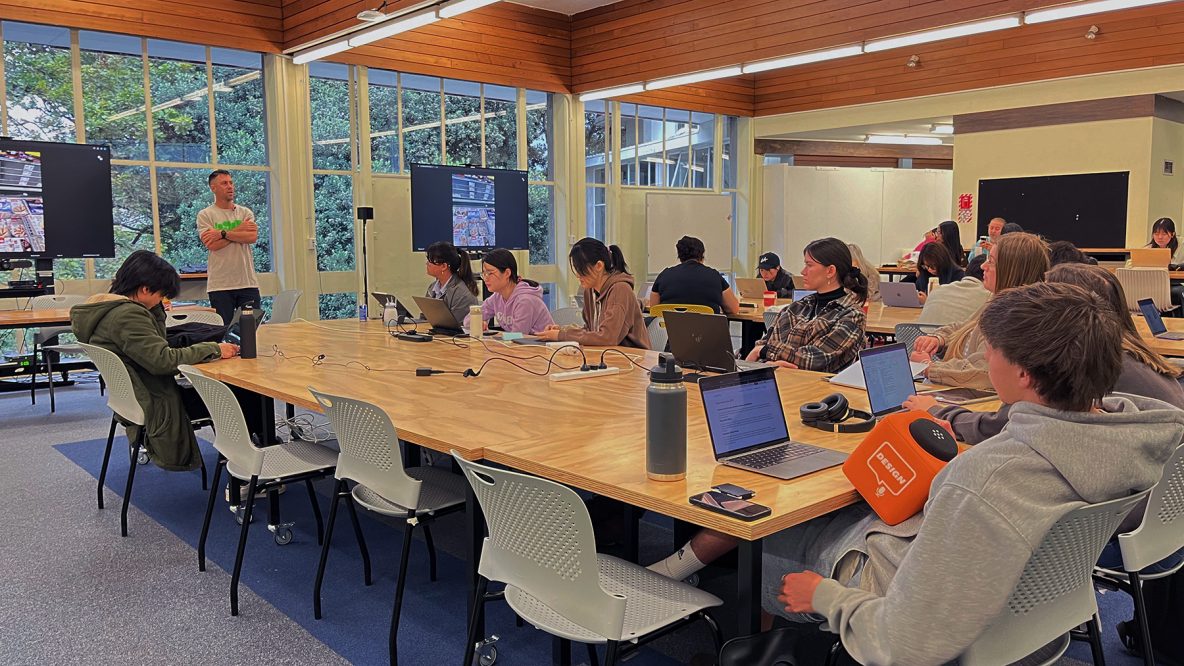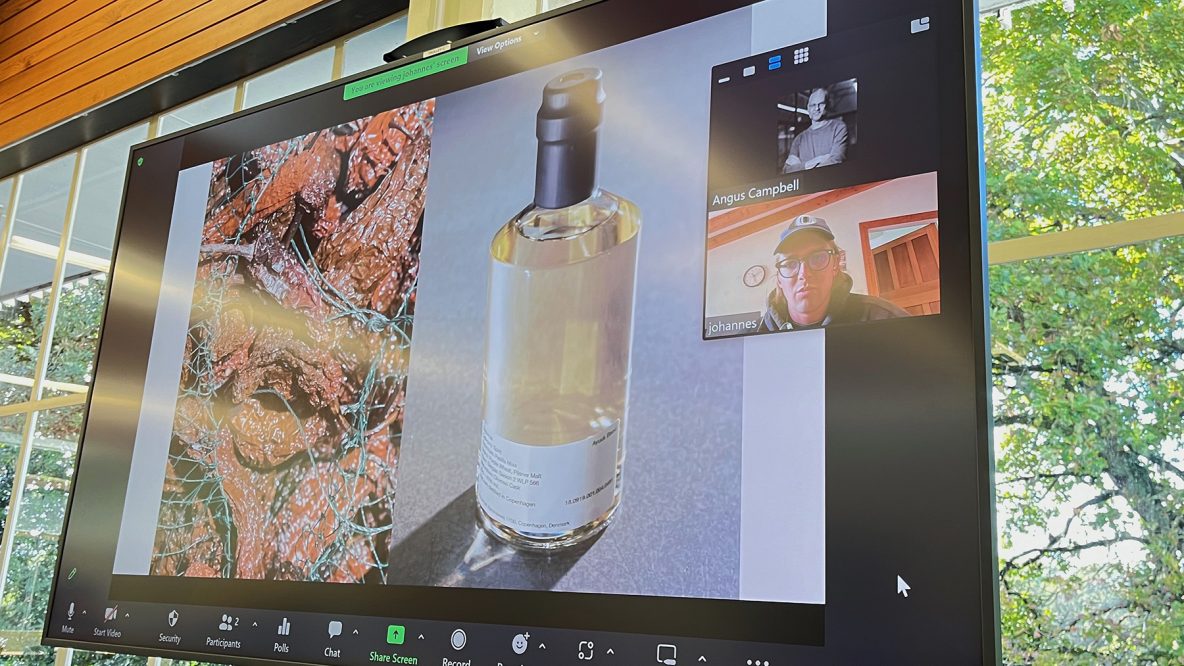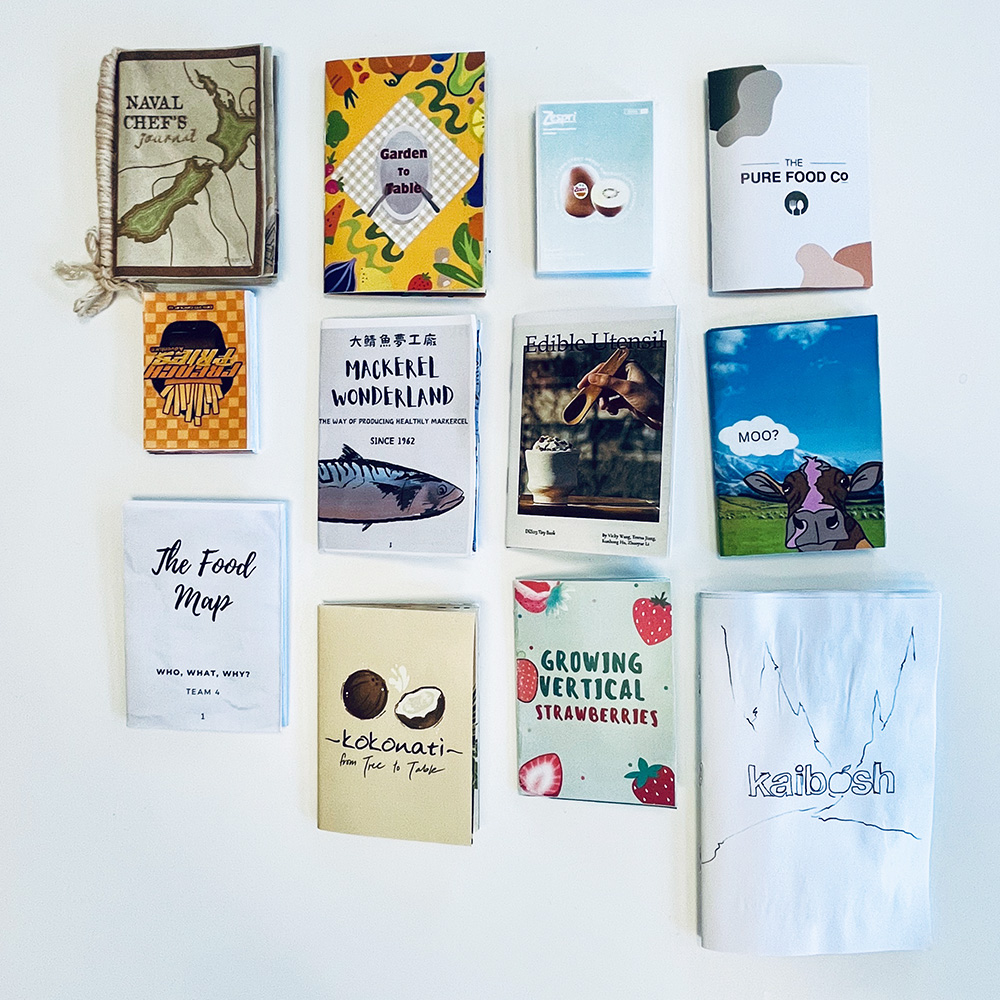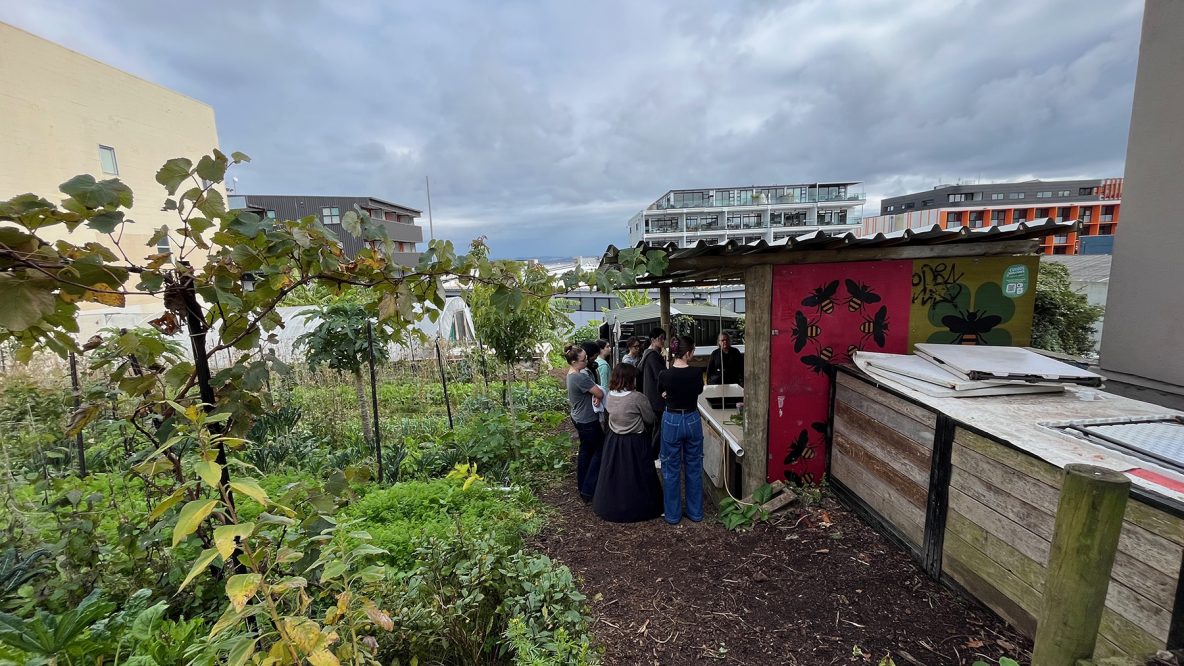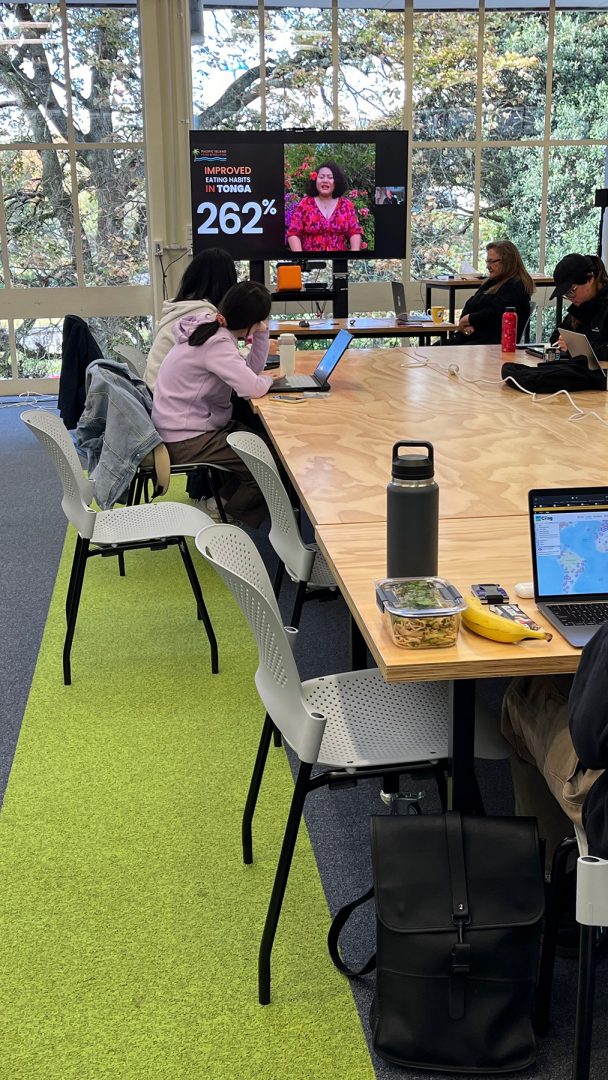In 2023, working with Gerbrand van Melle and Barbara Ribeiro, I collaboratively launched the DES213 Food Design course for the Bachelor of Design (BDes) students at the University of Auckland. In 2023, I refined and co-taught the DES213 Food Design course with Mairi Gunn, where it continues to be offered as an elective in the BDes.
Keywords: #FoodDesign #LocalFood #PacificFood #FoodDesignThinking
Overview:
Food is central to human sustenance, however its production also plays a significant role in the impact that human civilisation has on the planet. The special topic offering of DES213 explored food as an essential but complex social, technical and ecological system from global and local Aotearoa and Pacific contexts. It unpacked the basics of the social aspects of food from cultural and anthropological perspectives, as well as food from the cyclic perspective of production in agriculture, processing, distribution, consumption, and waste or recycling in a more circular economy. The course developed students’ skills in creative and strategic design, culminating in proposed design interventions for the local food system.
In 2024, as a mechanism to create cohesion across the course for the semester, Food Stories were used as the main thematic through which we explored local food systems. Food stories were presented by myself on South African food systems, Mairi on Lake Omapere and agroecosystems, with guest stories including:
- Russell Haynes (Memory Partners) on the development of LILO Desserts (NZ)
- Johannes Bay on his work at the Empirical Flavour Company (DK)
- Gerbrand van Melle on his enterprise High Culture (NZ)
- Robert Oliver – Pacific Island Food Revolution (NZ)
Students also went of field trips to:
- Ngāti Whātua Ōrākei’s Pourewa Māra Kai (community vegetable garden)
- For the Love of Bees Organic Market Garden (OMG)
The DES213 Food Design course was taught over 12 weeks, with three interrelated assignments.
The first assignment was conceived to extend the students’ learning beyond the historical and theoretical knowledge they were provided in the course through lectures/stories into the world beyond the studio. It forced students from a mode of listening and critical discussion, into one of exploration, looking, reflection, creation and presentation. The outcome of this assignment was a food story in the form of a tiny book (group project). The students’ chosen food story could be about an organisation that offers products or services at any point in the food system – anywhere from farm to fork. Their story could be about a commercial enterprise, a social enterprise, a Non-Governmental Organisation (NGO), an educational institution or a community organisation. All food stories were approached systemically to consider the wide array of stakeholders that impact their particular food organisation and its story; this provided the students with a solid foundation from which to map the potential impacts of any intervention they proposed in the final assignment.
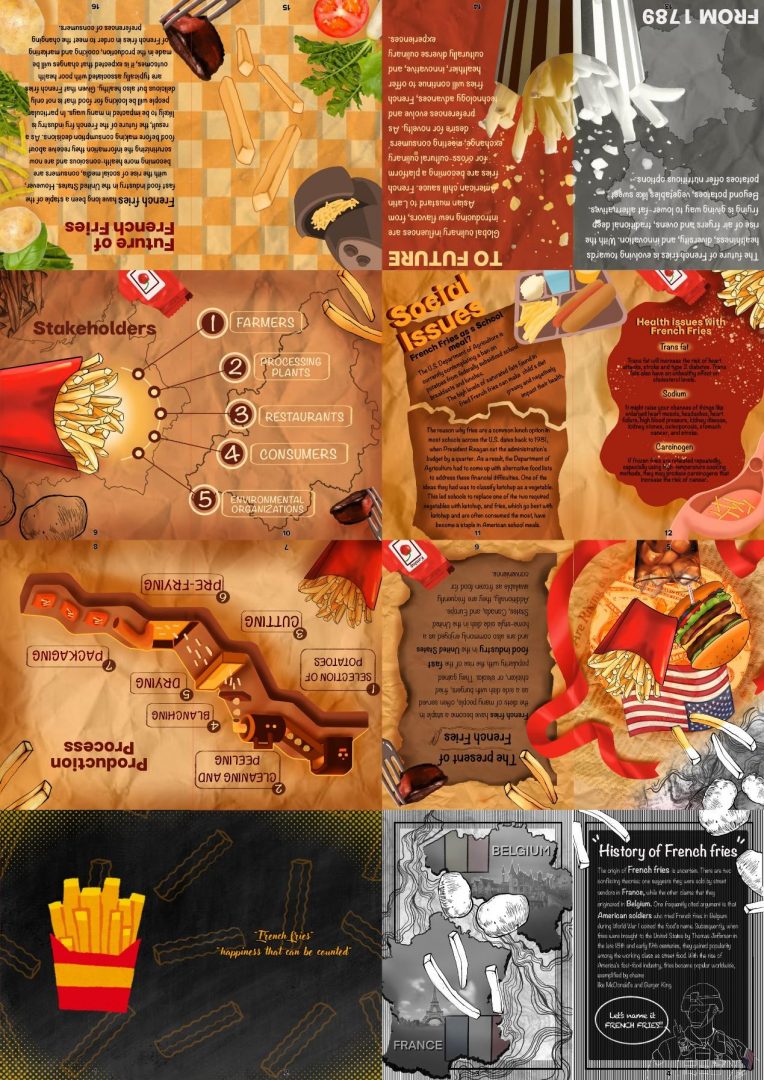
The second assignment was the discursive and reflective aspect of the course. Here, students individually engaged in weekly online discussions on Canvas prompted with student-generated questions inspired by the lectures/field visits.
The final assignment, a 90-second video presentation of the final food design intervention proposal (group project), was undertaken through intensive ideation workshops and evaluation of the students’ first ideas and visions, to map and converge their ideas into a hypothetical design intervention for their chosen design organisation. Through collaborative play, they realised the most thoroughly explored version of whatever it was they intended to do. Some of them rethought certain aspects of transport, some of them focused on packaging design, while other teams zoomed into alternative ingredients for popular snacks. No matter what choice the group made, they needed to consider the primary and secondary impacts on other parts of the food system.
French Fries Adventure – Jun Liu + Junseo Hur + Malcolm Lin + Tonglin Li:
Edible Utensils – Kuhong Hu + Teresa Jiang + Vicky Wang + Zhuoyue Li:
The Pure Food Co – Emma Boyes + Kelly Rogers + Lydia Price + Zach Clarke:
Across the course, design students were exposed to and developed their skills in communication design through the conception and printing of a tiny book, and video storytelling and production in the final video.
Impact:
- Enrolments: In 2023, 43 students enrolled in the first DES213 Food Design course; in 2025, 48 students enrolled; and in 2025, there were 64 students enrolled, as it continued to grow as a permanent elective course of the Bachelor of Design at UoA.
- Scaling: Aspects of the DES213 Food Design course were integrated into the Design for Food Systems Change component of the new UoA Transdisciplinary (TD) Course TDFOOD100 The Future of Food, which will be launched across the university in Semester 2 of 2025.
